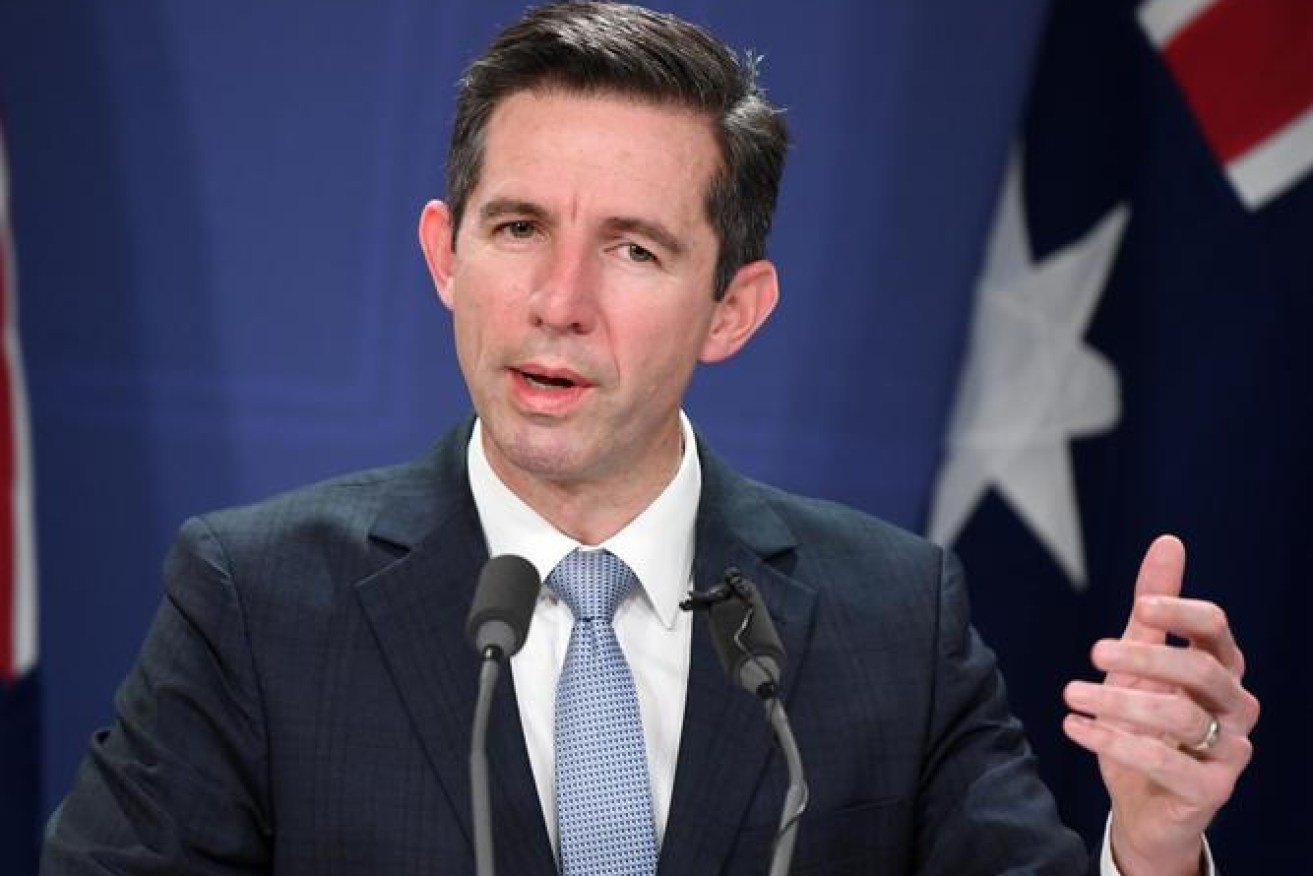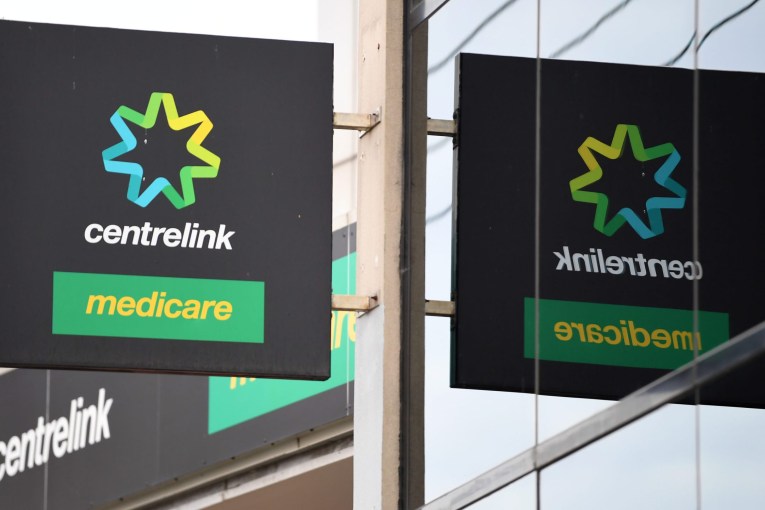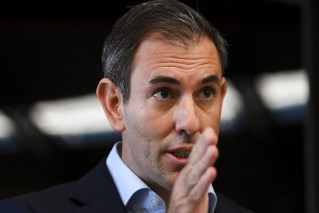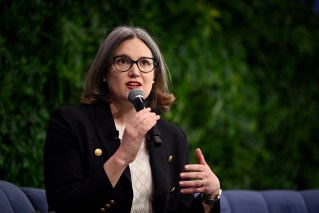Strongest will survive, but govt won’t prop up failed business models
Firms shouldn’t expect to be propped up by the Federal Government if the impact of the COVID-19 pandemic has left their business models in tatters.

Simon Birmingham says the government is aware of cost of living pressures. (AAP Image/Joel Carrett)
Finance Minister Simon Birmingham has warned that while he is encouraged by the economic recovery from recession so far, there are going to be lasting changes as a result of the pandemic.
“Some businesses won’t find their business models from before are as viable in the future as they might wish them to be … they will have to change and adapt,” Senator Birmingham told Sky News.
“So we don’t want to prop up activities where people may need to adjust their business model, they may need to adjust their circumstances for the future.”
Meanwhile, consumer confidence – a pointer to future household spending – rose for a second week in a row and is now close to its long-term average for the first time since late 2019.
The ANZ-Roy Morgan consumer confidence index rose 0.8 per cent in the past week, extending the recovery after a jittery start to the year after snap COVID-19 lockdowns in NSW and Queensland.
News of the lockdown in Perth at the weekend came too late to impact the latest survey.
While economic figures in recent weeks appear to show the recovery is in full swing, economists do not expect the Reserve Bank to start raising interest rates any time soon.
The central bank will hold its first board meeting for the year on Tuesday.
Since its last gathering in early December, economic growth has accelerated out of the first recession since the early 90s.
Unemployment has also unexpectedly fallen, business conditions have surged to a two-year high, retail spending is in an upward trend and house prices have struck record highs, which has been accompanied by huge demand for mortgages.
But while the latest inflation figures were slightly stronger than expected for the final three months of 2020, annual inflation and its underlying measures remain subdued.
The annual rate of the consumer price index ended the year at just 0.9 per cent.
The Reserve Bank has repeatedly said – since cutting the cash rate to a record low 0.1 per cent last November – it will not raise interest rates until inflation is sustainably within its two to three per cent target.
It did not expect that to happen to 2023.
Economists will be scrutinising Governor Philip Lowe’s post-meeting statement for the board’s view of the state of the economy and any change in its monetary policy outlook.












